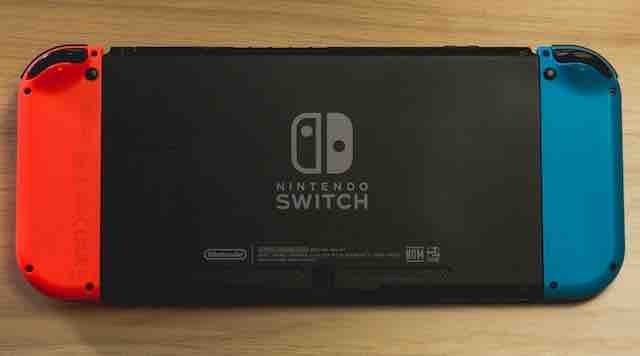The gaming industry has been hit with surprising news as Nintendo Switch sales plunged by 22% recently. As one of the most popular gaming consoles, the significant drop in sales has left gamers and investors alike wondering what the future holds for Nintendo. In this article, we’ll dive into the potential reasons behind this decline, how it could impact the gaming market, and what Nintendo’s expectations are for the coming years.
The Factors Behind the Sales Plunge
There are several potential factors contributing to the decline in Nintendo Switch sales. Some of the most notable include:
Competition from Next-Gen Consoles: The launch of new gaming systems like the PlayStation 5 and Xbox Series X has intensified competition in the market. Many gamers have been drawn to these next-gen consoles due to their superior graphics, performance, and game lineups.
Pandemic Impact: As the world begins to recover from the COVID-19 pandemic, people are gradually returning to their pre-pandemic lifestyles. This has led to a decrease in demand for home entertainment products, including gaming consoles like the Nintendo Switch.
Aging Hardware: The Nintendo Switch was released in 2017, and its hardware is becoming increasingly outdated compared to the latest gaming systems. This may be causing some gamers to switch to newer consoles with better performance.
Future Declines and Market Impact
Despite the recent sales plunge, Nintendo still holds a significant share of the gaming market. However, the company anticipates further declines in the coming years. This could be attributed to several factors, including:
Market Saturation: The Nintendo Switch has sold over 100 million units worldwide, which may be reaching a saturation point in the market. This could lead to diminishing sales in the future.
Slowing Innovation: Nintendo’s competitors are continuously innovating and releasing new products, making it more challenging for the gaming giant to maintain its market share. The company may need to invest in new technologies and develop innovative gaming experiences to stay relevant in the ever-evolving industry.
Economic Factors: Global economic factors may also play a role in the future sales of gaming consoles. Rising inflation, changing trade policies, and other economic uncertainties could negatively impact consumer spending on entertainment products.
A Future in Flux
Nintendo’s financials are undoubtedly facing challenges, and the company will need to adapt to maintain its position in the gaming market. However, the company has proven its resilience in the past and may have surprises in store for gamers and investors alike.
As Nintendo Switch sales continue to decline, it will be crucial for the gaming giant to invest in new technologies and create innovative gaming experiences to keep pace with the rapidly changing industry. For now, the future remains uncertain, but one thing is clear: the gaming landscape is shifting, and Nintendo will need to adapt to stay ahead.











